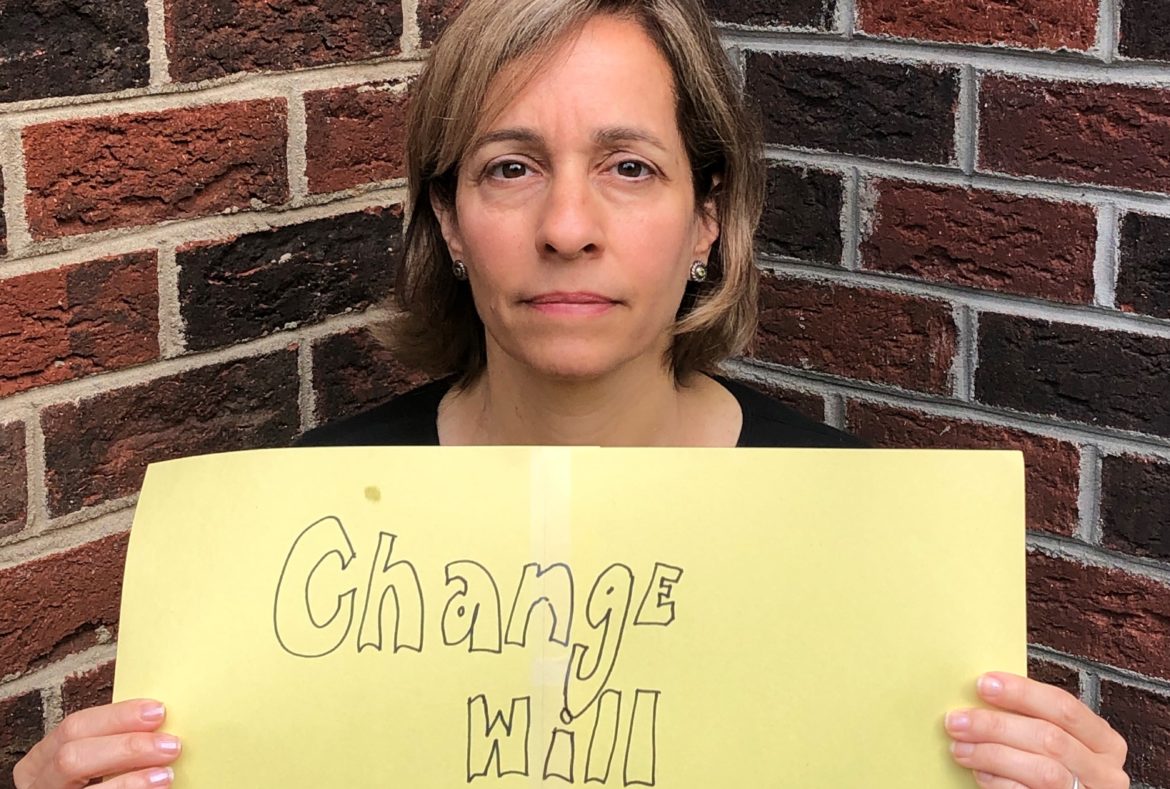If you are white and asking “What can I do?”
Our African American siblings are struggling, in fact, they are drowning and dying, and need those of us who are white to not only understand but to create the change that only we can make. We need to become skilled white anti-racist allies who work methodically to change personal responses, economic and business decisions, civic institutions and systems, and re-craft and rebuild our nation that was built on four hundred years of racism – on the false narrative that there is a hierarchy of human value based on the color of one’s skin. Now is the time to take a journey through a truth, justice, and reconciliation process individually, locally, and nationally. Now is the time to change the way we educate ourselves – not through a white lens but through a lens that acknowledges, accommodates, appreciates, and values color.
If you are white and asking “What can I do?”, as a first step please pick up your phone and reach out to those you know who are African American and ask: “How are you doing? How can I support you?”
Listen, listen, listen and learn. My close friends are angry, distraught, and in profound pain. I am angry, distraught and in profound pain. I am tearful (which is how I express my anger). I am fearful for our nation. I am sick to my stomach.
As you reach out to your African American friends, neighbors and colleagues, please be careful and respectful. Know that you are treading on tearful ground. Understand if they do not want to talk. Do not rely on them to tell you a path forward or make you feel better.
“Why now?” you may ask. “Why in the midst of a pandemic do we need to do this work?” Because like in Hurricane Katrina, when those who were left behind and drowning were disproportionately African American, again today, in the midst of this pandemic, those who are left behind and drowning through illness, death, unemployment, and put in positions of vulnerability by being hourly and essential workers are, in greater numbers our African American siblings. Throwing out life preservers is not the answer. Going upstream to change the systems is. Actually, both are immediately required.
Let me promise this is not an easy journey. The process of hearing our wrongs is painful. It is all too easy and far more comfortable to deflect and make excuses. The trauma we have caused for our neighbors is profound and their anger and hurt and pain aimed at us is really hard to receive.
As you personally commit to uprooting the racism that is built into our lives as Americans, you will have some hard and holy moments with your African American neighbors and friends. The best advice I ever received in doing the work for racial justice is “relationships are the work.” When things get rocky, put aside the articulated goal of community change written on your “to do” list and invest the hour or two (or many more) that you need to talk through issues with the partners of color with whom you are working.
If you feel unsafe going out to protest, make your own sign and post it on social media. “Black lives matter to me.” “Enough is enough” “Change will start with me.” “We have reached the tipping point.” “Count me in for restorative justice.””Hear the words ‘I can’t breathe’ and act for change.”
There will be more posts on steps that you can take. Please, please join me and us on the journey to racial justice and to restorative justice.
In the meantime, here is great article by Corinne Shutack, with additions by Karen Geiger on 75 more things you can personally do to make a difference.
Another great resource of how to get in motion as a white person and work toward racial equity is SURJ (Showing Up for Racial Justice).



1 Comment
Kiandra Florence June 2, 2020
Thank you so much, Rabbi.